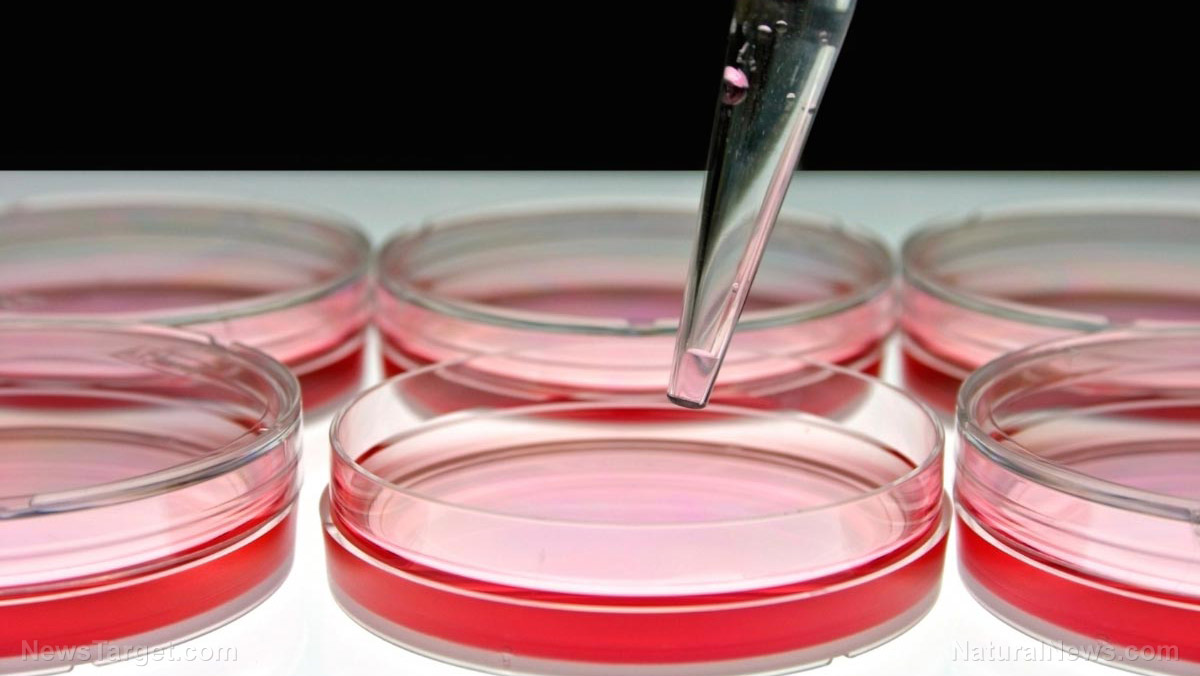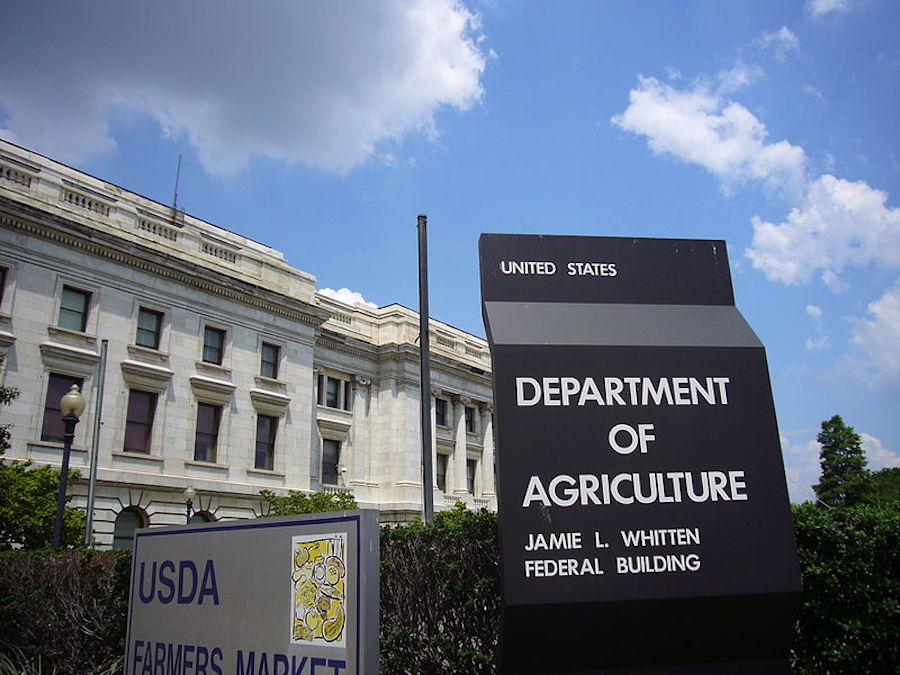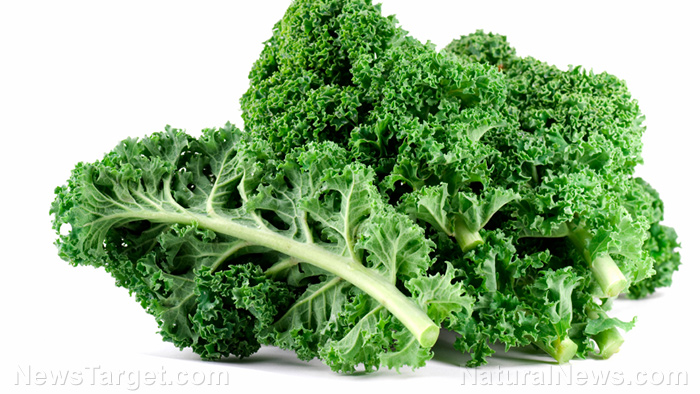Not just good for your gut: Probiotics found to eliminate certain bacteria
01/16/2019 / By Ellaine Castillo

Staphylococcus aureus is one of the most common pathogens in the world. The bacteria have been shown to cause various health problems, including boils, cellulitis, food poisoning, septic arthritis, and toxic shock syndrome, which lead to millions of deaths worldwide. Healthcare professionals often recommend patients suffering from S. aureus infections to take antibiotics. Unfortunately, improper use of these medications increases the chance of developing multidrug-resistant bacterial strains. To prevent this from happening, patients are also encouraged to choose safer alternatives like natural remedies and probiotics.
The importance of probiotics in maintaining overall health has been studied for years. However, the mechanisms through which they prevent pathogens from colonizing the gut and causing infections have not been determined, until now. Researchers from the National Institutes of Health (NIH) and their collaborators from Mahidol University and Rajamangala University of Technology Srivijaya in Thailand found that the probiotic bacteria Bacillus prevents Staphylococcus aureus bacteria from colonizing the gut by interfering with their signaling systems.
In this study, which was published in the journal Nature, the researchers recruited 200 volunteers from the rural regions of Thailand. They limited their study to these people since they were less likely to be affected by food sterilization or antibiotics unlike people in urban areas. Fecal samples showed that Bacillus is one of the bacteria whose presence is associated with the absence of S. aureus. Furthermore, analysis of the gut and nose bacteria proved that when Bacillus is present, no S. aureus can be found.
From there, the researchers proceeded to determine the underlying mechanisms of this effect through in vivo studies in mice. They found that Bacillus produces a class of lipopeptides called fengycins that interfere with quorum sensing in S. aureus, which is a type of signaling system necessary for the pathogen to grow in the gut. This system works by regulating gene expression in response to the bacterial population so if it’s not working, some compounds necessary for colonization might not be produced.
Overall, these results prove that one of the ways through which probiotics prevent colonization and reduce the risk of infectious diseases is by interfering with the pathogen’s signaling system. Now that they have determined the mechanism behind this effect of probiotics, the lead author of the study, Dr. Michael Otto from the National Institute of Allergy and Infectious Diseases of NIH, says the next step is to determine if taking probiotics is enough to reduce the risk of getting methicillin-resistant S. aureus infections in hospitals. (Related: Probiotics help offset some of the negative effects of antibiotics.)
More reasons to increase your probiotic intake
There are many health benefits associated with eating probiotic-rich foods like kimchi, yogurt, sauerkraut, and kefir. So if you need more reasons to increase your probiotic intake, here are some of its other benefits:
- Probiotics improve mental health conditions — Gut health and mental health have a close relationship with each other. Studies have shown that probiotics improve symptoms of mental health disorders like anxiety, depression, autism, and obsessive-compulsive disorder.
- Probiotics keep the heart healthy — Probiotics, especially lactic acid-producing bacteria, reduce cholesterol levels by breaking down bile in the gut so that this cholesterol-rich enzyme won’t be reabsorbed by the gut. Moreover, good bacteria also lower blood pressure, which consequently reduces the risk of strokes.
- Probiotics boost the immune system — Another way through which probiotics improve overall health is by enhancing the production of antibodies and immune cells that fight off infections.
- Probiotics promote weight loss — There are various ways through which probiotics can help with weight loss. One of these is by preventing the absorption of dietary fat so that it is excreted instead of being stored. Additionally, probiotics help people feel sated for longer periods of time so they would eat less food throughout the day.
For more articles about the health benefits of probiotics, visit Health.news.
Sources include:
Tagged Under: bacillus, disease prevention, fengycins, gene regulation, lipopeptides, natural cures, natural medicine, probiotics, quorum sensing, signalling interference, Staphylococcus aureus




















